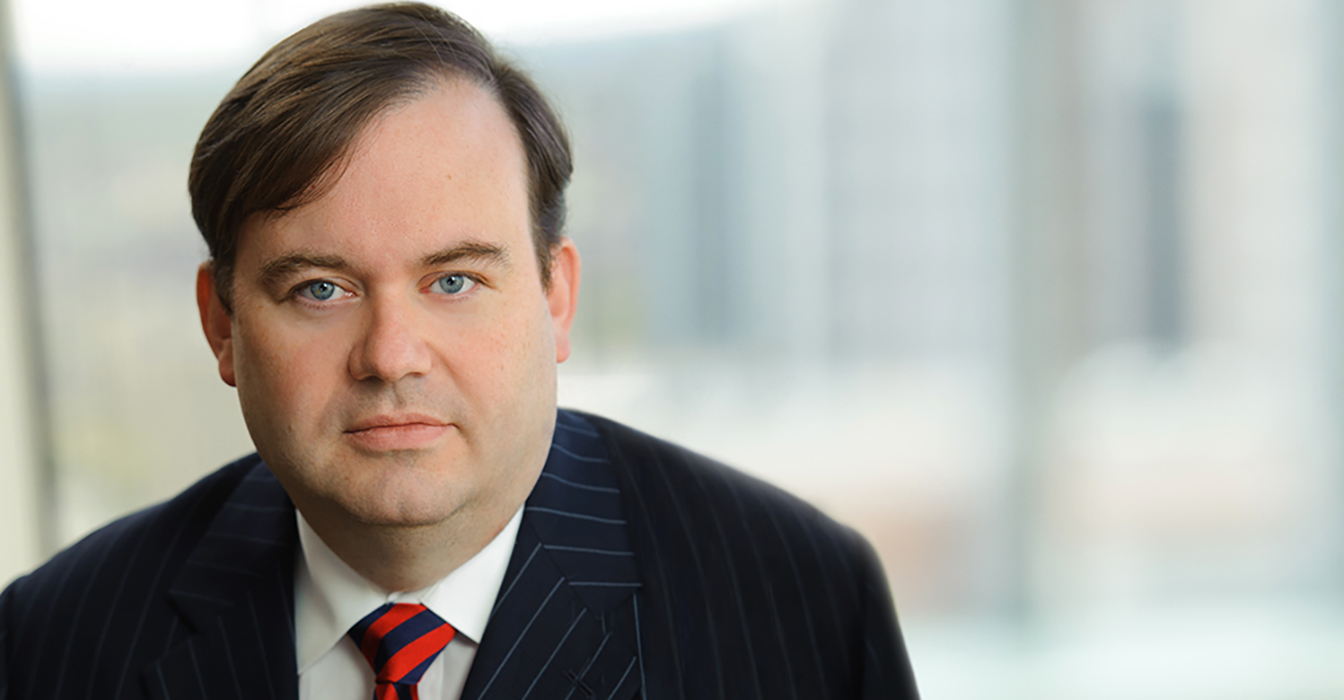LAWYER LIMELIGHT: KURT HEMR
By Lawdragon News | May 29, 2014 | Lawyer Limelights - Skadden, Skadden Features, Lawyer Limelights

Skadden Arps partner Kurt W. Hemr discusses his career path and what drew his interest to the litigation practice.
Name: Kurt Wm. Hemr
Firm: Skadden, Arps, Slate, Meagher & Flom LLP
Position: Partner
Practice Areas: Litigation, Securities Litigation, Class Action Litigation, Appellate Litigation and Legal Issues, Securities Enforcement and Compliance, Patent and Other Complex Intellectual Property Litigation
Location: Boston
Law School: J.D. Harvard Law School, 1994 (cum laude)
Undergraduate: A.B., University of Michigan, 1991 (with distinction, and with highest honors in Classical Languages and Literatures)
Quotable, on advice to first year lawyers: "They say in the theater that there are no small roles, just small-minded actors. New attorneys should take that approach to their practice."
Lawdragon: What drew you to your practice?
Kurt Hemr: That old tag line from Wide World Of Sports — "the thrill of victory; the agony of defeat" — resonates with some people more than others; it certainly resonates with me. From my first day in law school, I knew I wanted to litigate. As I enter my third decade in practice, I still feel that my understanding of the nuances of litigation tactics and strategy is growing with every new case.
LD: How has your practice changed since the early part of your career?
KH: The most interesting thing about my litigation practice has been that it offers me a window into critical business decisions made by boards and senior executives. The cases that provide those opportunities used to take the form of securities litigation or lawsuits about corporate governance. In more recent years, however, those opportunities have as frequently come from intellectual property and unfair competition cases. There is a surprising degree of substantive overlap between these areas of practice: I've learned things from audit malpractice cases that have proven useful in trade secret cases.
LD: What were/are some of the challenges you or your clients face?
KH: These days, every company that has made substantial investments in trade secrets and intellectual property — which is to say, virtually every sizable company — faces a double-edged challenge: protecting its own confidential and proprietary business information from misappropriation by competitors while at the same time policing the conduct of its employees (and new employees). A company that has only faced one side of that problem might well be surprised one day to find itself facing the other side. This challenge does not lend itself to simple solutions. In-house counsel and experienced outside counsel have to work hand-in-hand in confronting these problems to focus on the company's long-term interests.
LD: Are you involved in any pro bono or community activities? Tell us what you find meaningful about them.
KH: For many years I have served as the supervising pro bono partner for the Boston office. Pro bono work can be exceptionally difficult, and clients frequently face uphill battles even with the benefit of high quality representation. That said, the victories do come, and when they do, they often change the lives of clients and attorneys alike. Many alumni from this office have gone on serve as in-house counsel for major corporations and as attorneys in respected government positions, but a number of our alumni have been inspired by their pro bono work in this office and devoted their careers to serve those most in need.
LD: What advice do you have for law students and lawyers who are just beginning their careers?
KH: They say in the theater that there are no small roles, just small-minded actors. New attorneys should take that approach to their practice. There is something to learn from every role in every case if you are attentive enough to find it. If you do not see what that is at first, you should resolve to look harder.
Also: try to get some sleep, and eat a balanced diet. Your mother would want you to.
LD: If you weren’t a lawyer, what would you do professionally?
KH: The year that I graduated with my undergraduate degree in classical languages, there was one other fellow in that same program. That fellow is now chair of the classics department at a well-regarded university. I don't want his job, and I'm quite sure he does not want mine, but in idle moments I occasionally wonder what it would be like had things gone the other way.
LD: Tell us about your first paying job. What did it teach you?
KH: My first paying job was as a clerk in the auto parts department of a chain department store. I was not an ideal candidate for the position, as I knew basically nothing at all about the inner workings of cars, and there wasn't a day that went by where a customer didn't ask me a question that I could barely understand, let alone answer. I kept the job by doing first-rate work at the things I really could do well — filling stock quickly, finding stock at nearby stores and keeping the register. Eventually I learned some things about cars, or at least enough to answer some customer questions.
Here is the other thing I learned from that job: the summer I worked there, there were a series of congressional hearings broadcast live over the radio, and off and on I was able to listen in on the demonstration model car radios that were mounted against one wall of the auto parts department. Those hearings taught me a few things about how not to cross-examine a witness.

